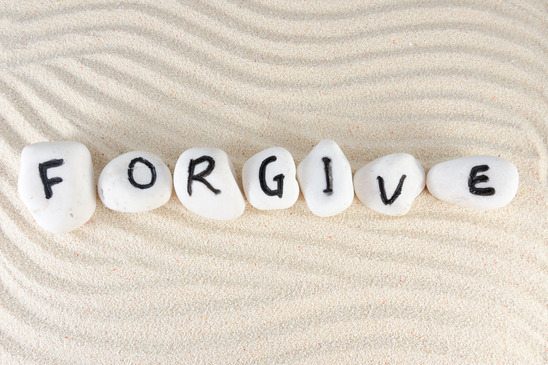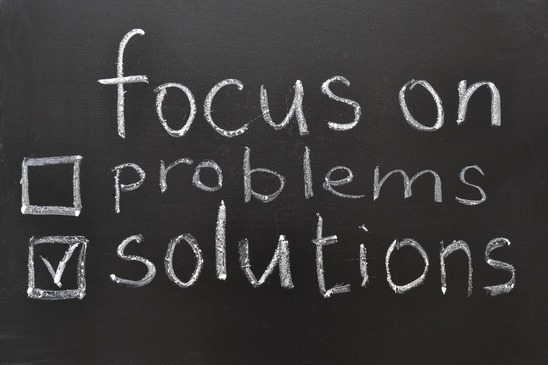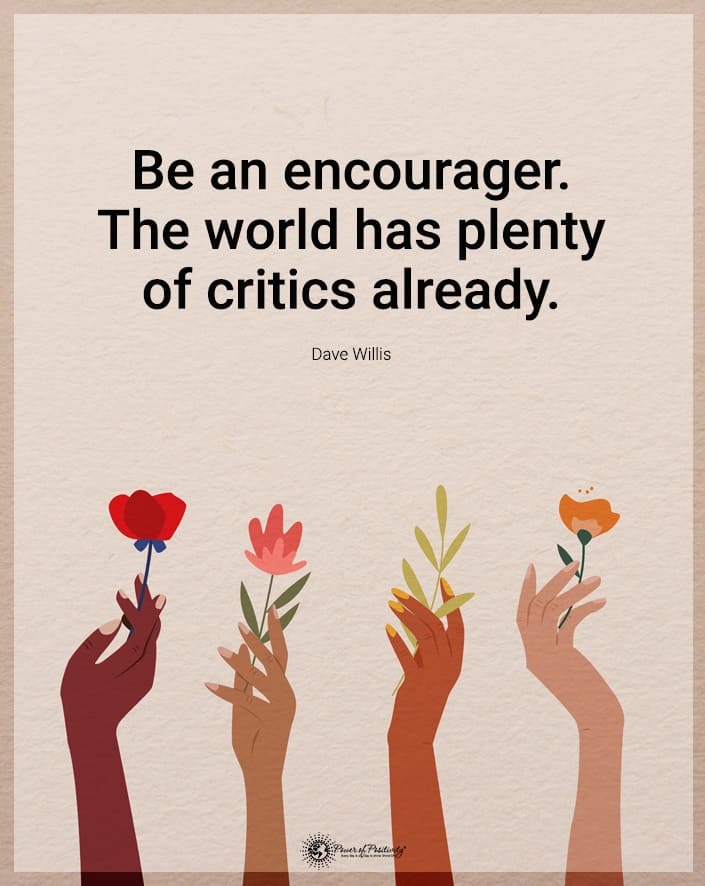Living a quiet life in a busy, noisy world can be a challenge, especially for an Introvert. Our society praises Extroverts, but Introverts have their place too. Life is about balance – there is a purpose for everyone. And… while life is not just black or white neither are there only two types of people.
In fact, people can possess qualities of both Introvert and Extrovert. Generally speaking, there are two types that are labeled by our society. Since opposites attract, it’s important that we truly learn the meaning behind these personality traits. Understanding each other allows us to thrive and have lifelong, meaningful relationships.
It’s important to learn more about yourself and design a life around that. It can truly bring a renewed sense of inner love and confidence. Our wish is for other Introverts to find that peace, and for their Extrovert counterparts to understand them on a level that they never have before.
5 Important Things About Introverts
1. Introverts are not always shy, just reserved.
Being “shy” can be a very misconstrued personality trait given to those who are often quiet in large crowds or who don’t open up easily. In truth, those who are “shy” just take more time to blossom and open up to others. It is definitely NOT a character flaw by any means, and it is not always necessarily due to hurt from past experiences.
Introverts are not fearful when they are quiet. There is actually an inner energy shift that occurs when they are around a group of people outside their daily comfort zone. If you watch, most of the time after a few minutes or hours they open right up and join in. It’s not wrong, it’s just their nature of being.
2. Introverts enjoy being alone (sometimes).
Introverts need time to themselves. We aren’t sad. We aren’t depressed. It’s not that we don’t like you. In fact, it has nothing to do with you! We need time alone because we need time alone. It’s really that simple. 🙂
Each of us uses that alone time for different things – to relax, read, meditate, pray or talk to our Creator, practice yoga, write, watch a movie, walk or whatever. This is our time to center, re-balance, and gain energy to move forward.
Introverts need this time throughout the week or daily to stay centered and be true to his or her own nature. We also need this time to recollect, go within and think. Oh, do we love to THINK.
3. Introverts are careful about who they allow in their life.
Most Extroverts can make friends everywhere they go and have many, very close friendships. While that is beautiful and ideal, it’s not exactly how Introverts operate. We can tend to be a little choosy when it comes to close friendships. Contrary to belief, we love being social and making friends. But, when it comes to our inner circle we reserve that for loyal friends and family. Likewise, we are extremely loyal in return.

4. Introverts are not self-centered snobs.
This is a big one. The person you are labeling as a snob may be just an Introvert. They like and enjoy their time with you. It can sometimes just be exhausting or nearly impossible for introverts to include themselves in a group or in a random conversation. In fact, in a group, it’s easier and it’s more natural for them to keep to themselves and observe. Heck, they enjoy watching you Extroverts talk and even get loud and crazy. YOU are the spice of life! 😉
5. Introverts don’t care for random phone calls.
There are many reasons random phone calls don’t work for Introverts. For one, Introverts don’t care for interruption. Whether they are busy working, deep in thought, reading, or accomplishing a task – their mind is focused on that and they prefer to keep it that way. They usually follow a schedule. A random, loud ring from a phone can startle and Introvert and ignite inner confusion.
Ask any Introvert, at first thought, they usually don’t want to pick up. When they do speak, they may not seem as engaged because they aren’t using visual cues like smiling or nodding.
It’s all about timing. A person who doesn’t understand an Introvert may consider an ignored call as “ being rude”. But that’s not true. We may absolutely adore you; we just don’t feel like talking at that moment. Emailing, texting, and scheduling calls can be beneficial. Or if they have missed your call, you can wait for a call back when it’s convenient for them too.
Final Thoughts
All in all, it’s so important to drop judgment from your life and understand and embrace everyone’s unique personality traits. More understanding allows us to truly embrace and fully love each other. Then, we can design a life that allows us ALL to flourish with more harmony.
So, the next time you meet an adult or child that appears “backward” or “shy”, think about what you just read and how you can release the need to judge and label. They need your calm, peace, support, and love.













